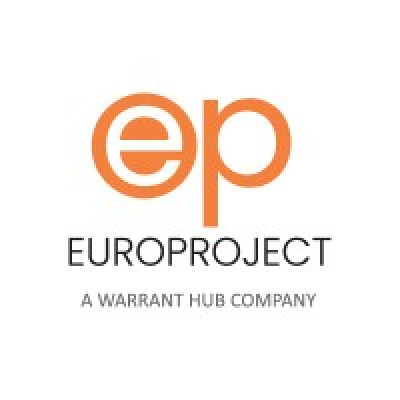Share
Print

We are an Italian-owned, Bulgaria-based consulting company specialising in the setting up and management EU-funded research & innovation projects. We've maintained 40% setting up success rate in Horizon Europe over the past 3 years. Actively participating in H2020 and Horizon Europe, we offer expertise as: - Project and financial manager, - WP lead or co-lead in communication, dissemination, & exploitation.
Minimising climate impact on aquaculture: mitigation and adaptation solutions for future climate regimes
TOPIC ID: HORIZON-CL6-2024-FARM2FORK-02-7-two-stage
Programme: Horizon Europe Framework Programme (HORIZON)
Call: Fair, healthy and environmentally-friendly food systems from primary production to consumption (HORIZON-CL6-2024-FARM2FORK-02)
Topic description
Selected proposals are expected to contribute to all of the following expected outcomes:
Proposals are expected to enhance knowledge of the impacts of climate change on aquaculture production at environmental, social and economic levels. They should identify, forecast and assess the main effects of climate change on different aquaculture production systems and on their ecological carrying capacity.
They should consider impacts of climate change such as water availability (e.g., rise in evaporation, decrease in rainfall, extreme weather events like droughts or floods), water quality (e.g., acidification, eutrophication, pollution, contamination), temperature rise, sea level rise, spread of diseases (e.g. recrudescence of endemic and emerging diseases in traditional and recirculating aquaculture systems), reduced fish welfare, invasive species, and other climate related risks.
They should also investigate adaptation and mitigation solutions and opportunities such as technological, social, economic, and biological/ecological aspects, selection of suitable sites, culture methods (including the contribution of organic production and integrated multi-trophic aquaculture), species plasticity and adaptability to changing environments as well as breeding and selection techniques for a more sustainable, productive and resilient production.
Furthermore, they should address aspects of circularity in terms of more efficient use of resources and less negative impacts on marine environment, including reduction, valorisation, and reuse of waste. Indicative aspects could include Life Cycle Assessment approaches such as of feeding systems and valorisation of non-food biomass for feeds and fertilisers.
Please, visit the following page to get more information regarding this call: https://www.developmentaid.org/grants/view/1047348/minimising-climate-impact-on-aquaculture-mitigation-and-adaptation-solutions-for-future-climate-regi
